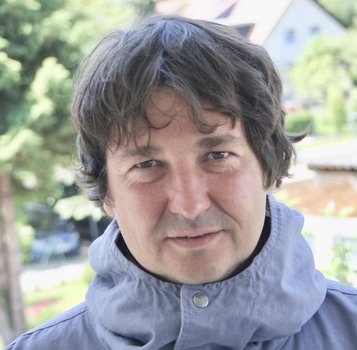Title
How do alpha oscillations move your eyes about?
Solutions to core survival requirements are scaled, preserved, and present in nearly all creatures equipped with the ability to move. In this talk, a fundamental principle- emergence of behavior through rhythm mediated action is discussed, and examples of how neuronal rhythms monitor sensory action across phyla are highlighted (honey bee, non-human primates, and humans). The brain’s active sensing of the surrounding environment entails clustering of eye/antenna movements towards an object or location. This active sensing behavior coincides with the amplitude modulation of a dominant (alpha) rhythm. Independent of testing conditions (e.g. light or full darkness) and cognitive load (e.g. rest, spatial attention, working memory), space is inferred by the movement direction of the brain’s sensors manifesting in location-specific place topographies. These observations are discussed in light of the conjecture that the dominant rhythm of the brain facilitates and monitors sensorimotor output as a prerequisite for a proactive processing chain in cognition beginning with action. It is speculated that this principle is not exclusive to neuronal collectives. Instead, it is preserved across organizational scales, evident also in fish and bird collectives. A taxa-overarching principle enabling neural and animal collectives alike to interact with the environment and adapt behavior.
Biography
Tzvetan Popov researches how and why the dominant rhythm of the human brain relates to nearly all psychological concepts and constructs studied. He received training in clinical psychophysiology supervised by Brigitte Rockstroh and Gregory A. Miller. Encouraged and supported by Nathan Weisz during a sabbatical in Trento (Italy), a research stay working with Ole Jensen at the Donders Institute in Nijmegen followed. After several years of managing the MEG laboratories at the University Konstanz and the Central Institute of Mental Health in Mannheim, Tzvetan is now an academic associate in the Department of Psychology at the University of Zurich.
